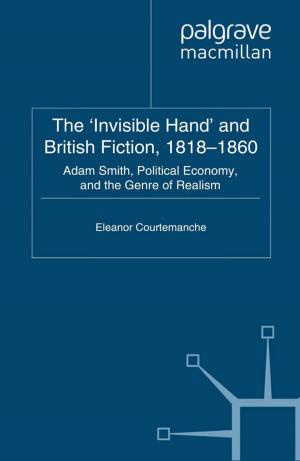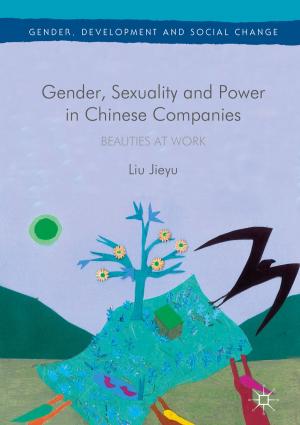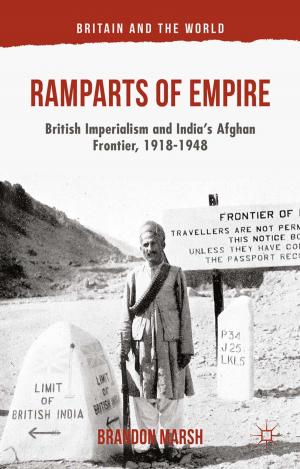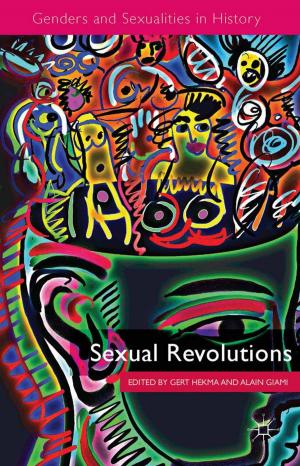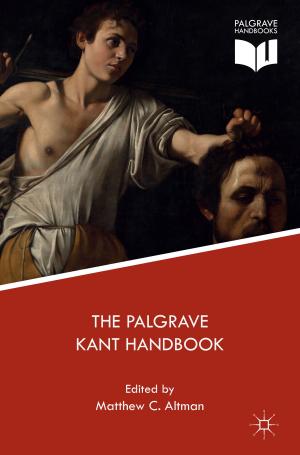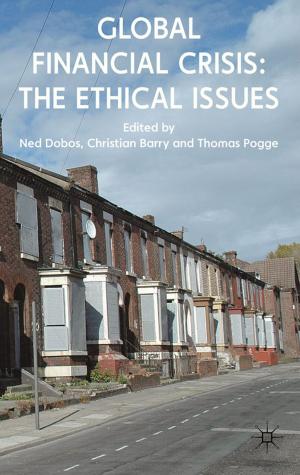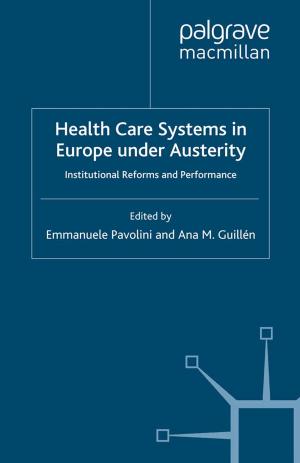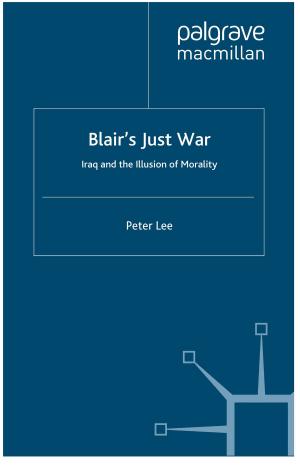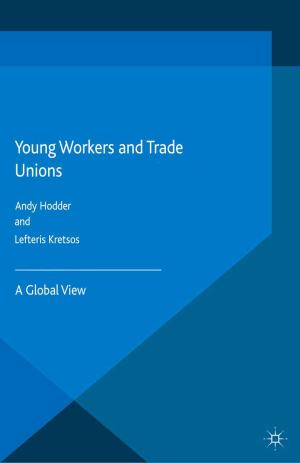The Middle East Economies in Times of Transition
Business & Finance, Economics, Urban & Regional, Macroeconomics| Author: | ISBN: | 9781137529770 | |
| Publisher: | Palgrave Macmillan UK | Publication: | April 8, 2016 |
| Imprint: | Palgrave Macmillan | Language: | English |
| Author: | |
| ISBN: | 9781137529770 |
| Publisher: | Palgrave Macmillan UK |
| Publication: | April 8, 2016 |
| Imprint: | Palgrave Macmillan |
| Language: | English |
Diwan and Galal looks at the structure and prospects of the Middle East economies after the 2011 Uprisings, focusing on issues of economic growth, inequality, the impact of oil, and the unfolding political transitions.
On the growth question, the book looks into the extent of structural transformation of the economy, the political economy reasons for the lack of structural change, and the external conditions in the EU and in the GCC that underpin the lack of structural change. On inequality, the book offers new measures of equality of opportunity in human development and in the job market, and it also reviews the complex political economy of subsidy removal. Regarding natural resources, the volume provides three innovations: connecting the notion of 'oil curse' to the global phenomena of asset bubbles; evidence that resource curse effects do not rise monotonically with the size of the resource rent, but rather, according to an inverted U shape; and an extension of the concept of rent to the other non-oil rents that are also predominant in the region. Finally, the volume places the political transition in the region in a global perspective using various methods – theoretical, comparative, and empirical, and it explores the relationship between democracy in its variety of forms and economic development.
Diwan and Galal looks at the structure and prospects of the Middle East economies after the 2011 Uprisings, focusing on issues of economic growth, inequality, the impact of oil, and the unfolding political transitions.
On the growth question, the book looks into the extent of structural transformation of the economy, the political economy reasons for the lack of structural change, and the external conditions in the EU and in the GCC that underpin the lack of structural change. On inequality, the book offers new measures of equality of opportunity in human development and in the job market, and it also reviews the complex political economy of subsidy removal. Regarding natural resources, the volume provides three innovations: connecting the notion of 'oil curse' to the global phenomena of asset bubbles; evidence that resource curse effects do not rise monotonically with the size of the resource rent, but rather, according to an inverted U shape; and an extension of the concept of rent to the other non-oil rents that are also predominant in the region. Finally, the volume places the political transition in the region in a global perspective using various methods – theoretical, comparative, and empirical, and it explores the relationship between democracy in its variety of forms and economic development.

